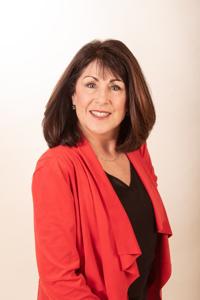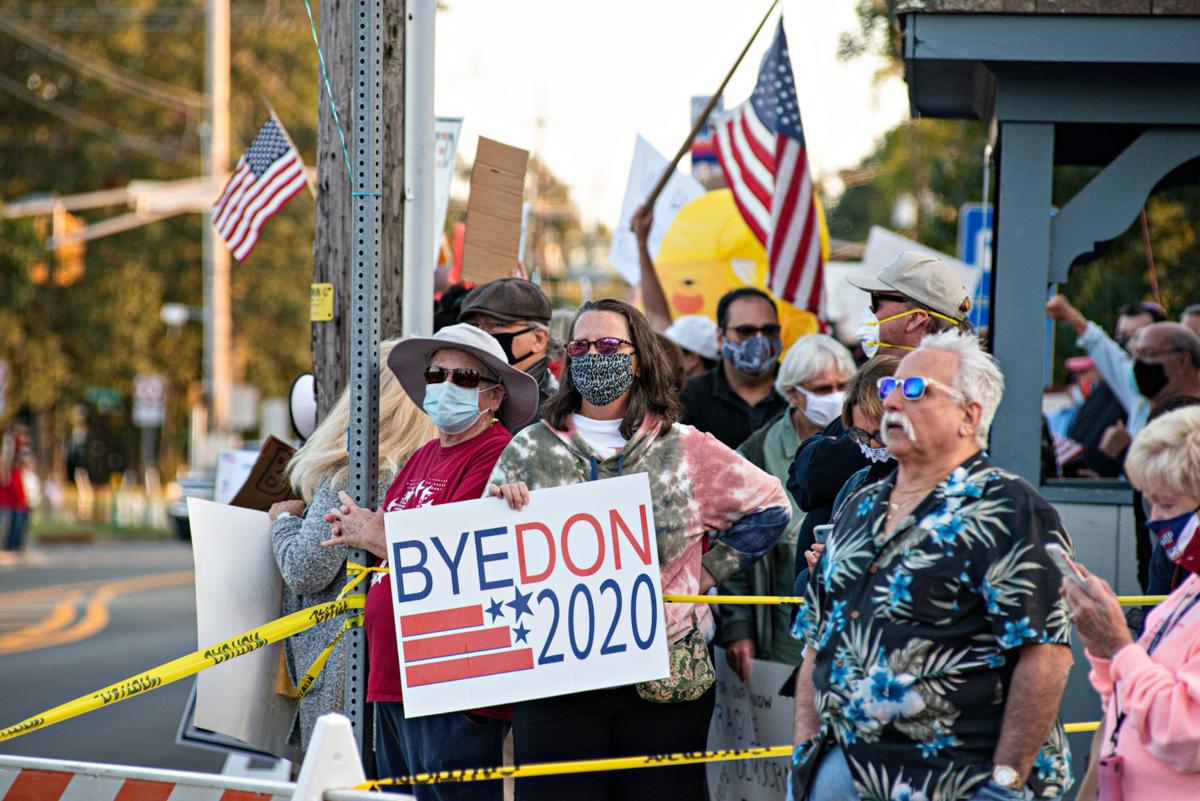In District 60, a glimpse of how coronavirus has affected political races
CEDAR FALLS — Around this time last year, Iowa Rep. Dave Williams was rounding up volunteers, getting ready to make calls and knock on doors — all things he should be doing right now as he faces a re-election battle in House District 60.
But with the coronavirus pandemic shutting down the Iowa Legislature and restricting everything in hard-hit Black Hawk County, almost none of that is possible. And the singular issue his constituents care about is the pandemic and its effects.
“It’s absolutely on everyone’s minds,” Williams, a Democrat, said. “If you think about urgency vs. priority, obviously right now it’s high in both.”
His Republican opponents, Colleen Tierney and Ryan Howard, are both first-time candidates dealing with the unprecedented pandemic and what it means for their campaigns as well as District 60, which covers Hudson as well as parts of Cedar Falls, Waterloo and rural Black Hawk County.
In lieu of door knocking, Tierney said she’s been focusing more on videos for social media and expensive campaign fliers.
But she noted more people answer the phone these days and are willing to talk to her for longer, something Tierney attributed to loneliness of those stuck in their houses.
“It’s definitely a strange year with this all going on, and this is my first campaign — I know this is not the norm,” Tierney said. “I’d rather meet people face to face, but right now that fear is there.”
Like Tierney, Williams said he misses door knocking, noting he’s “very comfortable with small groups.” For the most part, he’s adjusted to telephone calls and emails.
“It really is like night and day,” he said. “We’re not gonna get to (door-knock), I don’t think; if we do, there won’t be much time.”
Howard said he’s been doing online “town hall” meetings via Facebook Live and other platforms, and said he’s found some success.
“People pay more attention to these races now,” he said. “Some are saying, ‘Oh, we definitely need to have the right people in leadership.’”
Like the other candidates, Howard said he’d prefer to focus on his big issues — for him, that’s helping to fix the state’s child care shortages and enshrining stronger protections for gun owners into law. But that’s not on voters’ minds at the moment.
“It almost sounds silly to ask, ‘What is important to you now?’ Because ‘coronavirus’ is coming out of that,” Howard said.
But Howard and Tierney don’t have time to wait for the crisis to ease. They’re staring down a primary less than a month away that will decide who gets to try to unseat Williams in November.
Tierney said one of her fears is disenfranchisement of older residents used to voting in person, which they can still do, though additional barriers and a fear of the virus as cases continue to climb could affect turnout June 2.
“The mail-in ballot, it doesn’t seem like it’s the norm for people,” she said.
“A lot of them I’ve spoken to would prefer to go in person to vote; it feels more secure. … It’ll really be interesting to see what kind of turnout we’re going to get.”
Whoever wins in November will be headed into an unprecedented legislative session on the heels of massive unemployment, possible revenue shortages and perhaps even a state continuing to deal with coronavirus.
“It’s going to be so painful this coming year; I’m not looking forward to it,” Williams said. “But I am looking forward to continuing to be in on the discussions.”







